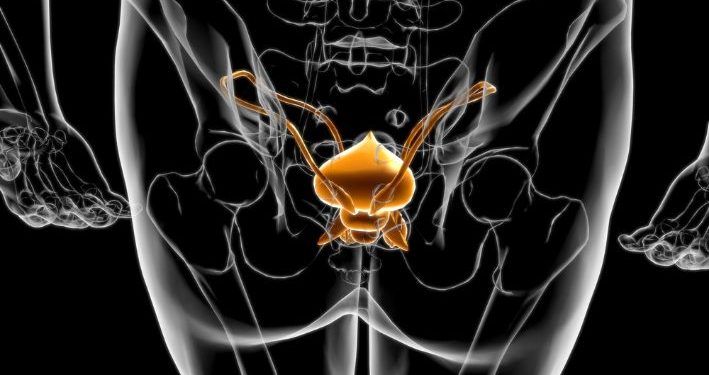Prostate cancer is the most common form of cancer in men, and it’s the third leading cause of death from cancer. The most common treatment for prostate cancer is radical prostatectomy (RP). This involves removing the entire gland and some of the surrounding tissue, including the seminal vesicles. In some cases, the surgeon may remove lymph nodes that drain the prostate (called pelvic lymph node dissection).
A man’s prostate gland is about the size of a walnut and surrounds the neck of his bladder and the urethra—the tube that carries urine from the body. It’s partly muscular and partly glandular, with ducts that connect to the vas deferens, which carry sperm out of the testicles.
The prostate also contains two tiny bundles of nerves that control erections. The surgeon usually avoids injuring these nerves during surgery, which is called a nerve-sparing procedure. But if the cancer is close to the nerves or grows into them, it’s best to remove them as well.
Many patients are strong enough to go home the day of or soon after their surgery. Others may stay in the hospital one night or more. You’ll receive instructions on caring for the drain site and urinary catheter, along with details about what to expect during recovery. Take notes, if you can, and ask questions if needed.

After prostate removal, it’s normal to have some pain at the incision sites for three or more days. It’s important to keep the area clean to prevent infection. We’ll teach you how to do this and give you a shower kit to help. After a few days, you should be able to shower without any discharge at the incision sites.
It takes at least two weeks for normal bowel function to return. You should not strain when trying to urinate or defecate. This can irritate the surgical site and cause more pain, bleeding and delayed recovery. Use stool softeners and laxatives as directed until your bowel function improves.
Some of the most serious complications of prostate surgery include a blood clot in the leg or lung, a hole in the groin (called an inguinal hernia) and an infection at the site of the incision or throughout the body. It’s also possible to develop a condition called lymphedema, which is swelling of the legs and genital area that doesn’t go away after several months.
Other possible side effects from prostatectomy include pain in the area of the prostate (prostatalgia) and a decrease in penis length. Incontinence is another common problem that can occur after prostate surgery, but it generally gets better over time. It’s also a good idea to talk to your doctor about whether you have other options for treating prostate cancer, such as radiation therapy. These can be helpful if the cancer has spread beyond the prostate or if you have a high risk of cancer recurrence.









